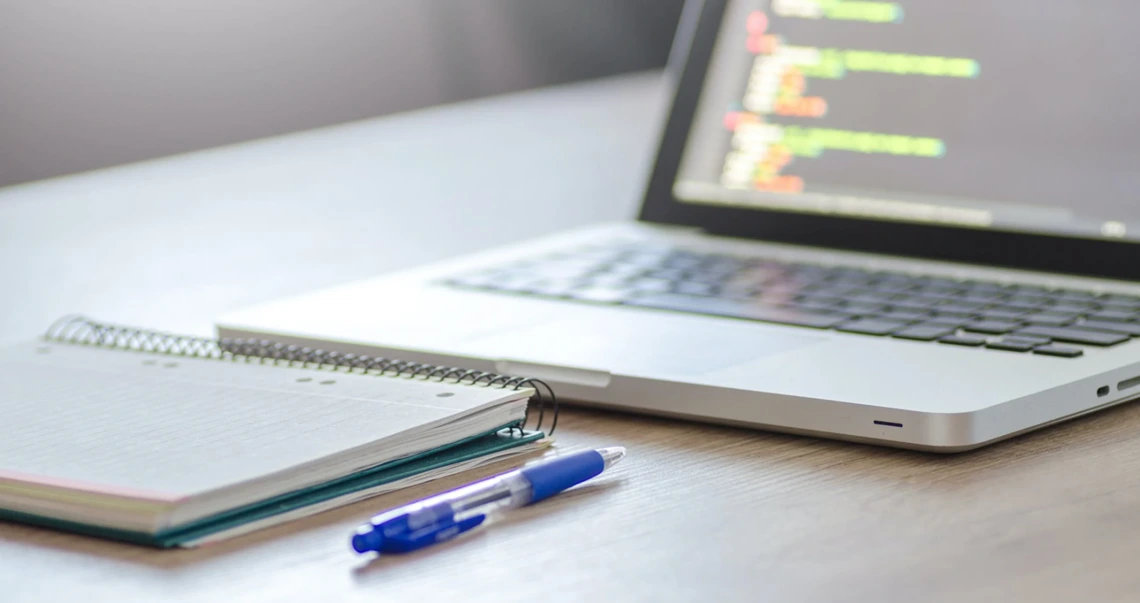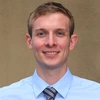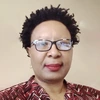
When
Where
Speaker(s)
Variations in Groundwater Recharge During the Mid-Holocene Revealed in the Tucson Basin (Arizona, USA) Using Radioisotopes and Noble Gases
This WRRC Brown Bag presentation will cover research into the paleoclimate and past recharge rates of the Tucson Basin across the Holocene (past 12,000 years or so). Insight into past climate of the Tucson Basin was achieved by sampling 10 potable production wells along the direction of regional groundwater flow for five age tracers of varying timescales, noble gases, stable water isotopes, sulfate isotopes, and major ion chemistry. Findings from this research show a general warming trend across the Holocene and ongoing, yet variable recharge across the Holocene corresponding to dramatic shifts in climate, and that metrics besides groundwater age are needed to inform resilience of groundwater resources.

Chandler Noyes is a PhD candidate in Hydrology in UArizona's Department of Hydrology & Atmospheric Sciences. His research focuses on the application of environmental isotopes and noble gases to examine water resource problems. Aside from research, Chandler works as an environmental consultant, predominately in the investigation and remediation of contamination. In his free time, Chandler can be found hiking the Catalinas, Rincons, and Santa Ritas.
Examining Diversity, Equity, Inclusion, and Justice in Water Dialogues
In the United States, the lack of diversity, equity, inclusion, and justice (DEIJ) in water governance and management has been identified as a serious problem that affects the validity of decisions. This WRRC Brown Bag presentation will share findings from a literature review conducted to understand DEIJ issues and identify strategies for addressing such issues in water dialogues. The lens of dialogue focused these disparate literatures on how people with diverse voices can be engaged and enabled to effectively participate in water dialogues. Further, a conceptual framework for understanding and addressing DEIJ in water dialogues integrates insights from the literature and links DEIJ in water dialogues with notions of environmental justice. Despite the paucity of DEIJ literature focused on water resources, the review identified general lessons and pathways that apply to increasing DEIJ in water dialogue participation.

Simone A. Williams is a PhD candidate in Arid Lands Resource Sciences at UArizona and works as a Graduate Research Associate at the WRRC. She has over 20 years of professional experience working on natural resource conservation and sustainable development issues in multiple countries. This includes working with various marginalized groups and vulnerable communities that are susceptible to hydro-climatic risks. Her current research focuses on applying interdisciplinary approaches to examine patterns and disparities in groundwater vulnerability and contamination risks due to land use and climate change.

